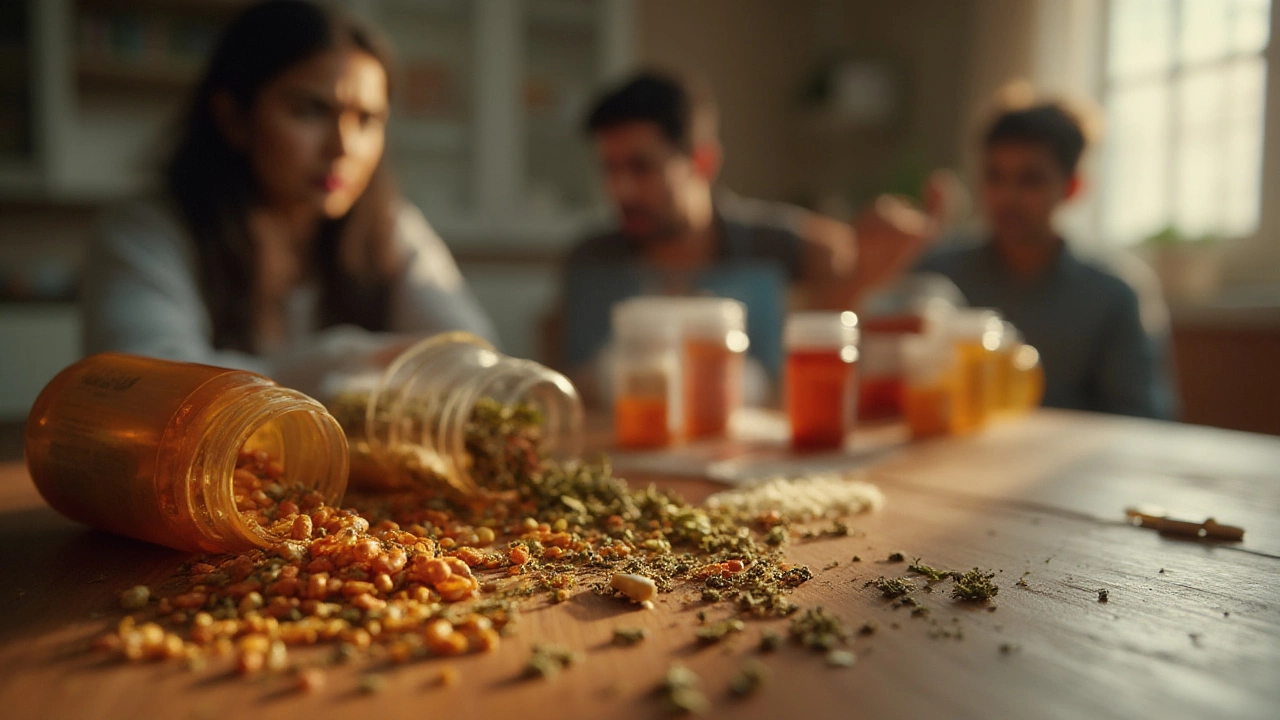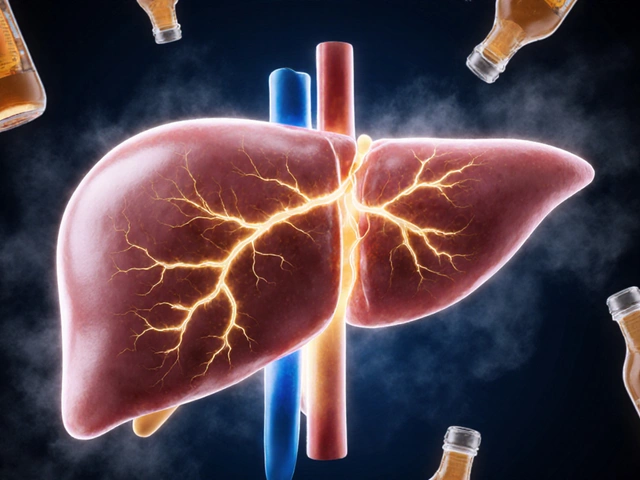Supplement Risks: What You Need to Know Before Taking Natural Products
When you buy a supplement, a product taken to add nutrients or support health, often marketed as "natural" or "safe". Also known as dietary supplement, it’s easy to assume it’s harmless because it doesn’t come with a prescription. But that’s a dangerous myth. Many people think herbal and natural means safe—but that’s not true. Herbal supplements, plant-based products sold for health benefits, often without strict regulation like St. John’s Wort or yohimbe can cause serious side effects, including anxiety, liver damage, and dangerous drug interactions. Even something as common as green tea extract has been linked to liver injury in healthy people.
Supplement risks aren’t just about rare reactions—they’re about how little we know about what’s really in the bottle. Unlike prescription drugs, supplements don’t need FDA approval before hitting shelves. That means a product labeled "pure turmeric" could contain fillers, heavy metals, or even hidden pharmaceuticals. A 2021 study by ConsumerLab found nearly 1 in 4 supplements had contaminants or didn’t contain what the label claimed. And if you’re on other meds—like blood thinners, antidepressants, or diabetes pills—those supplements can turn into silent time bombs. For example, St. John’s Wort can make birth control fail, and high-dose vitamin E can increase bleeding risk after surgery.
Some people turn to supplements to avoid doctors or because they believe pharmaceuticals are too harsh. But the truth is, your body doesn’t care if a chemical comes from a lab or a plant—it reacts to the compound. Supplement side effects, unintended physical or mental reactions caused by taking a product not intended as medicine are underreported because most people don’t connect their headaches, insomnia, or heart palpitations to that new turmeric capsule they started last week. And when they do see a doctor, they often don’t mention the supplement at all.
There’s no magic pill that fixes everything without cost. The safest supplements are the ones you get from food. If you’re thinking about taking something to boost energy, calm nerves, or detox your liver, ask yourself: What’s the real problem? Is it stress? Poor sleep? Too much sugar? Those are fixable—without risking your liver, your heart, or your mental health. The supplements industry thrives on hope, not science. And hope doesn’t protect you from a bad reaction.
Below, you’ll find real stories from people who learned the hard way. Some took herbs thinking they were helping their anxiety—only to feel worse. Others trusted a "liver cleanse" that did the opposite. These aren’t outliers. They’re warnings. Read them before you open another bottle.
Hidden Risks: Disadvantages of Herbal Supplements Explained
Herbal supplements sound natural, but they carry hidden dangers. Discover side effects, potential interactions, and the real risks you need to know.





